Mindfulness has always seemed a bit of mountain to climb. It's a big word and can mean different things to different people, of course. However, as someone who’s head is so consistently preoccupied with too many thoughts; the type that like to exercise unsolicited Wacky Races through my mind, overtaking and knocking into each other in competition for my increasingly agitated attention; the idea of having my psychological shit together feels overwhelmingly far off.
As I’m sure many of us have, I was often advised by friends, family and people who sat at varying levels on the ‘professional care’ scale, to try writing things down. ‘Why don’t you keep a diary’, they’d say. ‘Get things off your chest, you know?’.
I’m embarrassed to say that I turned my nose up at the thought of it. I’d inwardly scoff at the idea of being a (barely) functioning adult dependent on a notebook filled with my hopes, dreams and whatever the fuck else Dick Dastardly was driving around my head. That stuff was for the naïve and misguided protagonists of American teen movies who revelled in dedicating part of their day to talking about themselves. That really wasn’t my vibe I was going for in my twenties. And how the hell was writing stuff down going to make me less distracted and more productive?
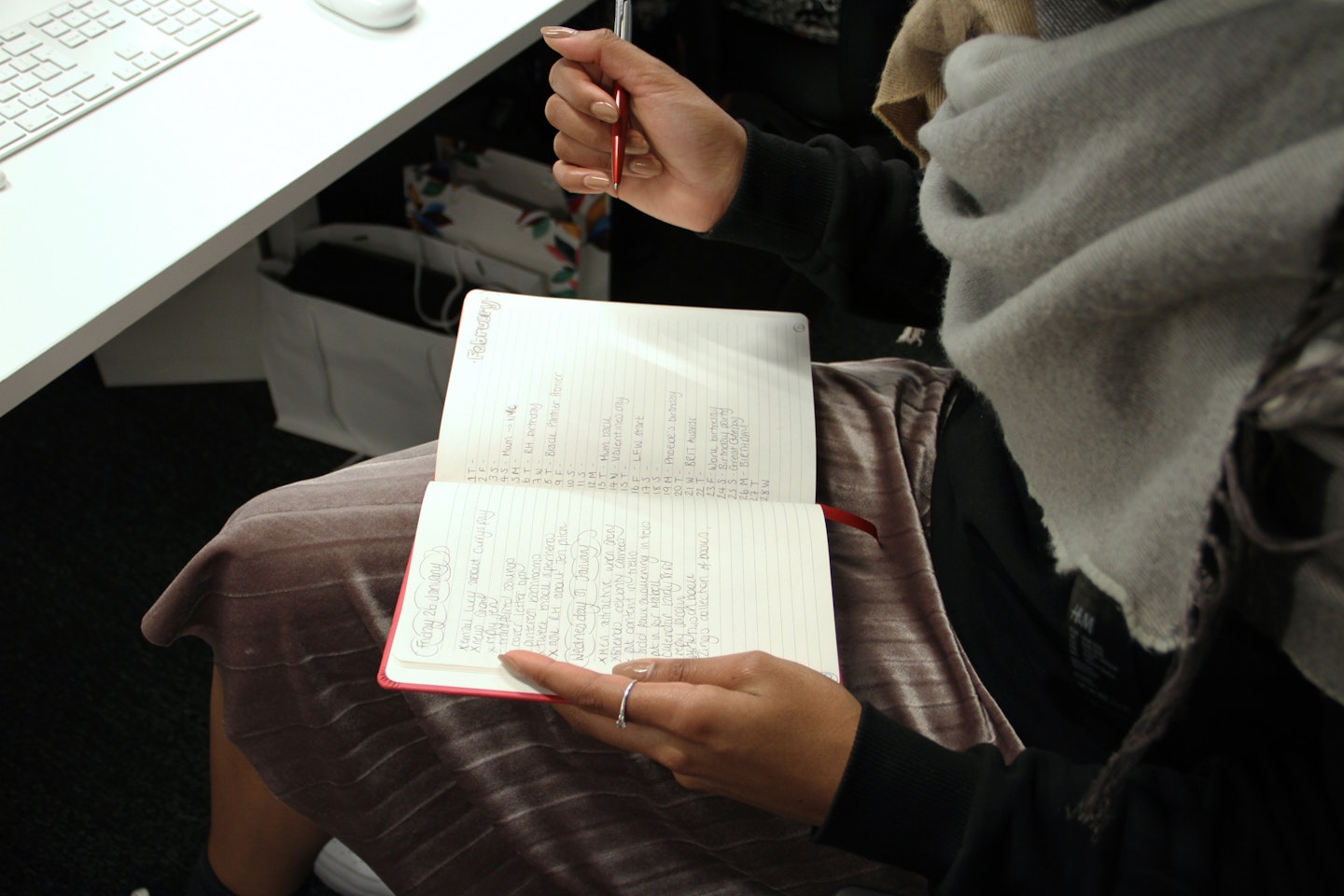
I’d been there, done that and had the residual echo of an internal monologue to prove it. But, obviously, it soon turned out to me who was being naïve and misguided because when I eventually sucked it up, swallowed my pride, and revisited this ‘writing it down’ thing, my perspective changed quite dramatically.
It helped that the bullet journal phenomenon, (which is very different to keeping a straight forward angsts-filled diary, btw), had become pretty popular over the last few years and I find it really hard to resist shiny new stationary. So, I jumped on the new year, new me bandwagon and dedicate my January 2018 to giving bulleting a go.
The focus is tasks rather than rogue thoughts that you don’t want to forget, but there is space for jotting down bits of important information that you might want to return to at some point. It's an organisational exercise, but this particular method rationalised the process of physically off-loading my brain onto paper more as a practical act and less about embracing my inner stroppy teenager. And it actually allowed me to focus my mind in a productive way. You know, without letting dates, events, work obligations and commitments get lost in the whirlwind of my scatty, emotionally tumultuous brain.
My head still whirls and thoughts continue to crash rather violently into each other without very much warning. But having a dedicated place to structure all that stuff has definitely made this whole mindfully living in the present, being self-aware and not self-combusting thing seem a lot more manageable. Here’s what else I found out:
1. It really is up to you to decide what’s important
Some people use bullet journals purely as a to-do list but it's primary function is a log of everything you're doing, have done and will do. It's meant to be a system rather than a static piece of writing you do every day.
I decided to allow mine to include things like my mood, good (and rubbish) things that have happened at work or at home *as well as *events, birthdays, meetings and so on. If you're the sort of person who would very quickly lose track of a thought, but remember thinking it and then spend the rest of the day trying to work out if it's something important you've forgotten, this will help. Also just the act of transferring something from your head to somewhere permanent is pretty therapeutic and takes the pressure off you staying on top of everything at all times.
2. You have to take it seriously
This ain't no walk in the park, guys. It's a legit discipline. And to get the best out of it you really need to commit to the structure that you set yourself, the criteria of stuff you're going to write down and maintaining it as part of your daily routine.
You'll slip up (don't worry, I did. For a whole week) but it's really nice having somewhere to refer back to when you're trying to recall information that you've successfully distanced yourself from.
3. It won’t feel natural straight away. In fact, it’s not always fun
If you're not much of a note taker, this will be weird. Very weird. For a while. You're meant to make the effort to sit down for a bit at the end of each day and go through the stuff you've managed to cross off, prepare the pages for the next day and transfer the things you haven't done.
Truth be told, it's a bit of a ball ache. And remembering to sit down with your pen and pad after a 'quick' drink at the pub isn't the one. Also, writing out stuff for the weekend feels very awkward. But as soon as you've got passed the fun bit of designing your pages, and the thrill of trying a new thing for a few days, it will feel dull. But after a week or so the satisfaction of being able to flick back through pages to find what you said in a meeting last week is really nice and gives your mind one less thing to work on.
4. Going analogue is really nice once in a while
This is dedicated, daily time spent away from phones and laptops, you guys! And that's a big deal. We all know what being on social media all day can do to our brains and mental health, and we also know that we need to distance ourselves from screens every now and again, but having a reason to (i.e. maintaining your bullet journal) makes that a whole lot easier.
READ MORE: The Best Natural Anti-Depressants
Discover: Natural Anti Depressants
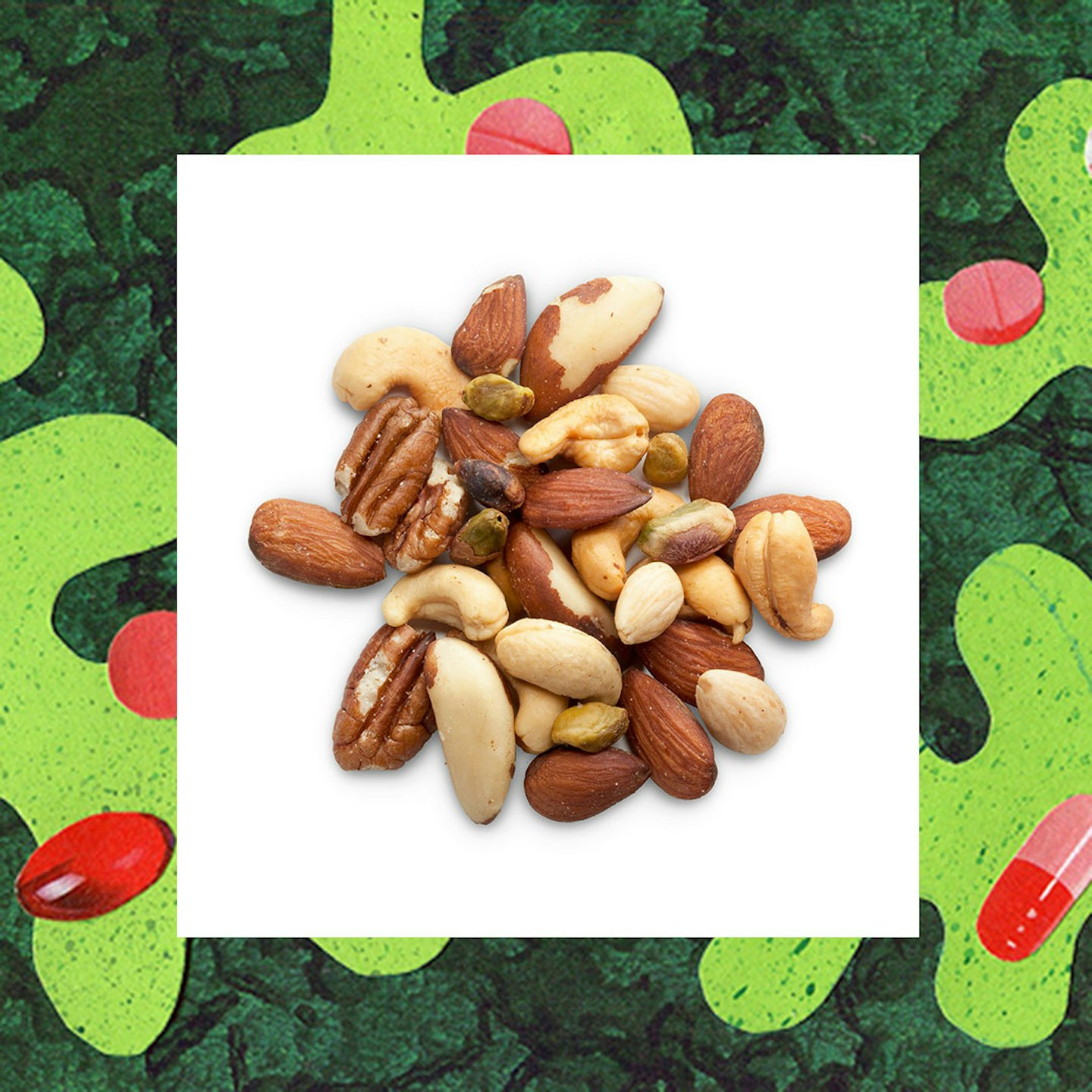 1 of 11
1 of 11Omega 3
Omega-3 fatty acids are essential minerals which reduce inflammation and are vital to brain functions such as mood and memory. Your body doesn't produce them naturally so you can only get them in you via food (like fish, nuts and seeds) or dietary supplements.
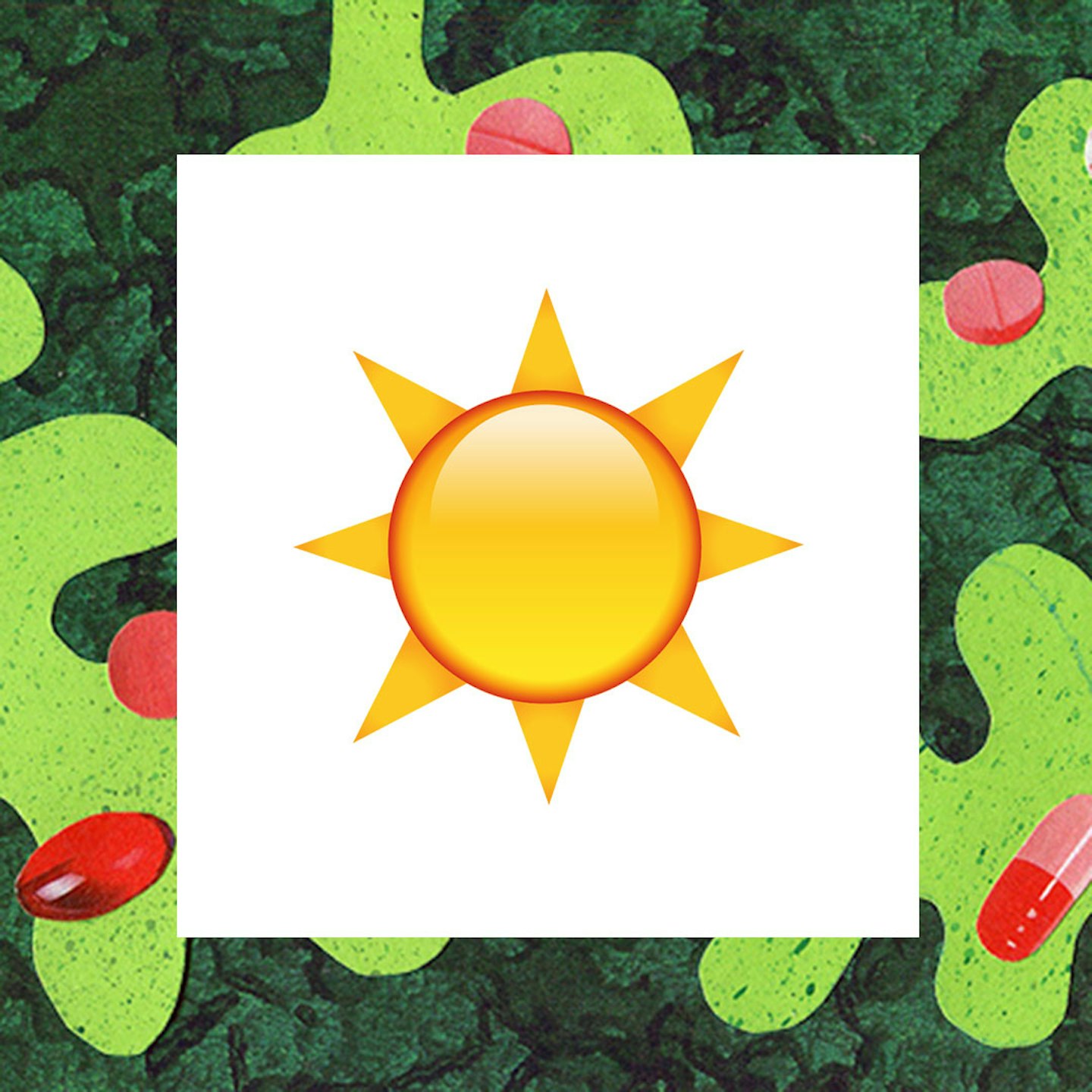 2 of 11
2 of 11Vitamin D
In addition to bone health, Vitamin D can play a vital role in the areas of the brain that are linked to the development of depression and other mental health problems.
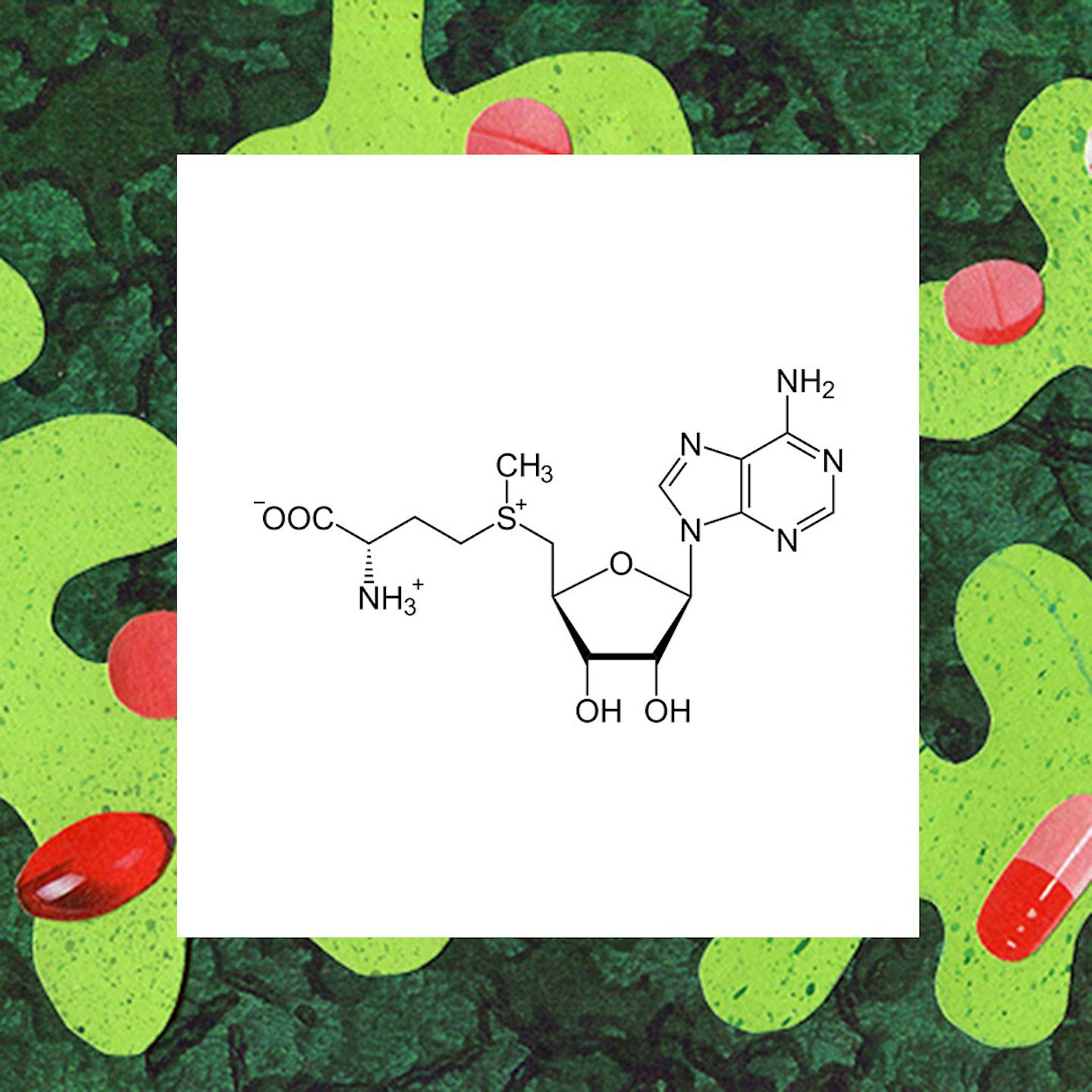 3 of 11
3 of 11S Adenosylemthionine
SAMeis a molecule that the body naturally forms and is available as a dietary supplement. In addition to depression and anxiety, it can be used for many other conditions including heart disease, fibromyalgia, tendonitis and many more. It is also recommended for PMS. It works by making sure that chemicals in the body that play a role in pain, depression, liver disease, and other conditions, actually do their job.
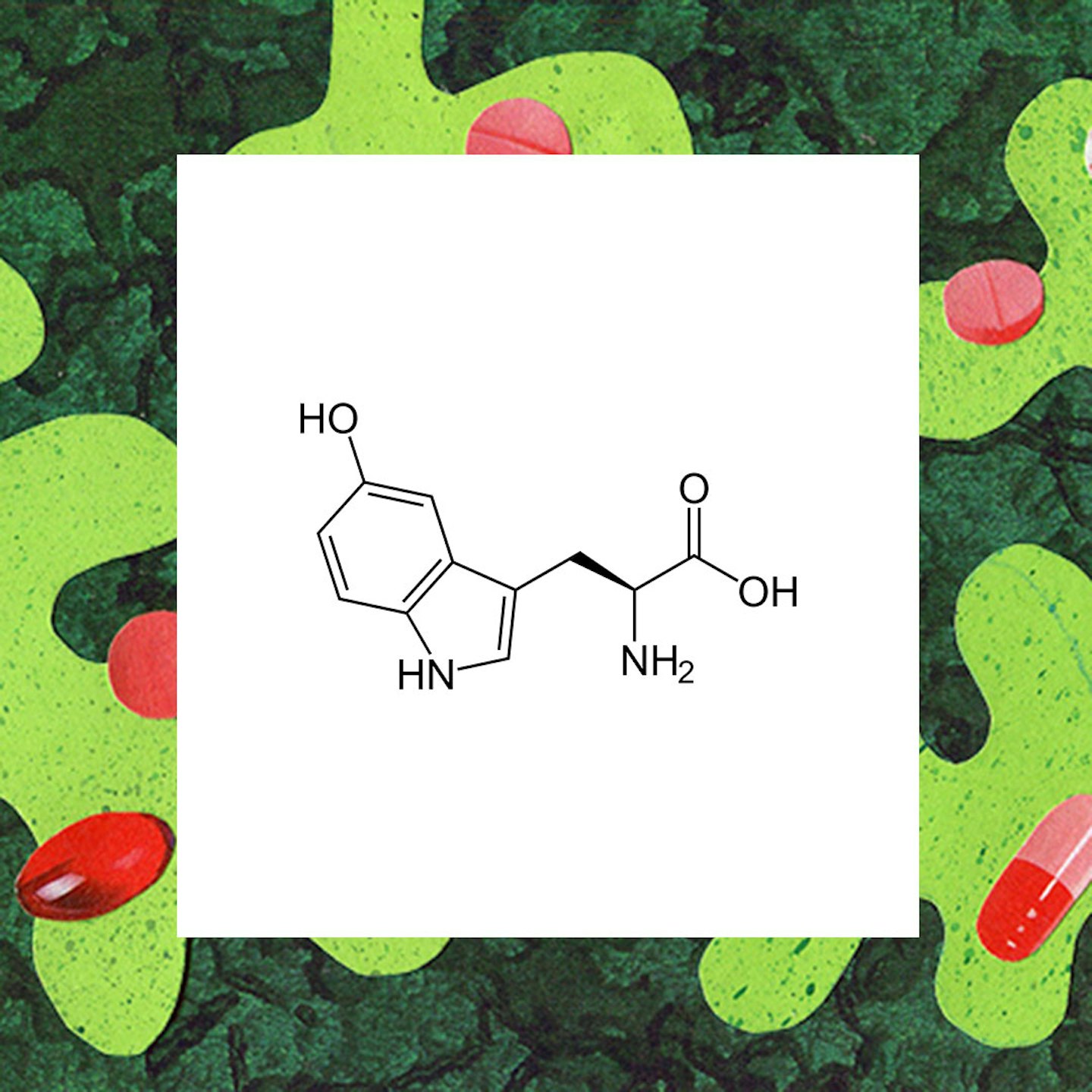 4 of 11
4 of 115-Hydroxytryptophan (5-HTP)
Like SAMe,5-HTP is also a chemical (an essential amino acid) that the body makes naturally. It works by helping to raise the serotonin (the happy hormone) levels in the brain. 5-HTP has been known to have a positive effect on sleep, mood, anxiety, appetite, and pain.
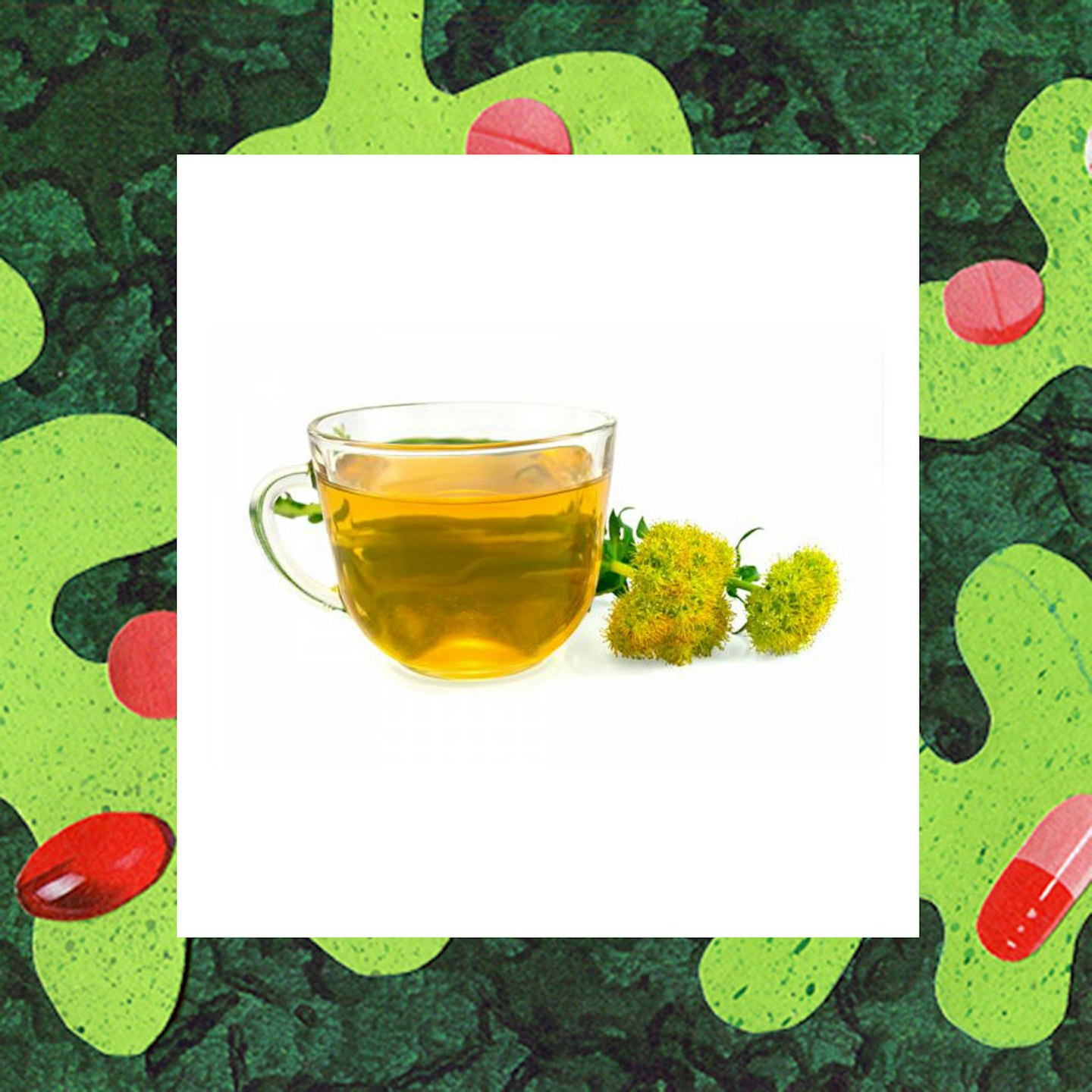 5 of 11
5 of 11Roseroot Herb
A study conducted on whether the Rhodiola Rosea (Roseroot) herb was effective for depression showed that it was almost as effective as the popular antidepressant, Sertraline (Zoloft), but with fewer side effects. The herb boasts strengthening the nervous system, fighting depression, enhancing the immune system and memory, elevating stamina, aiding in weight-loss and increasing sexual function.
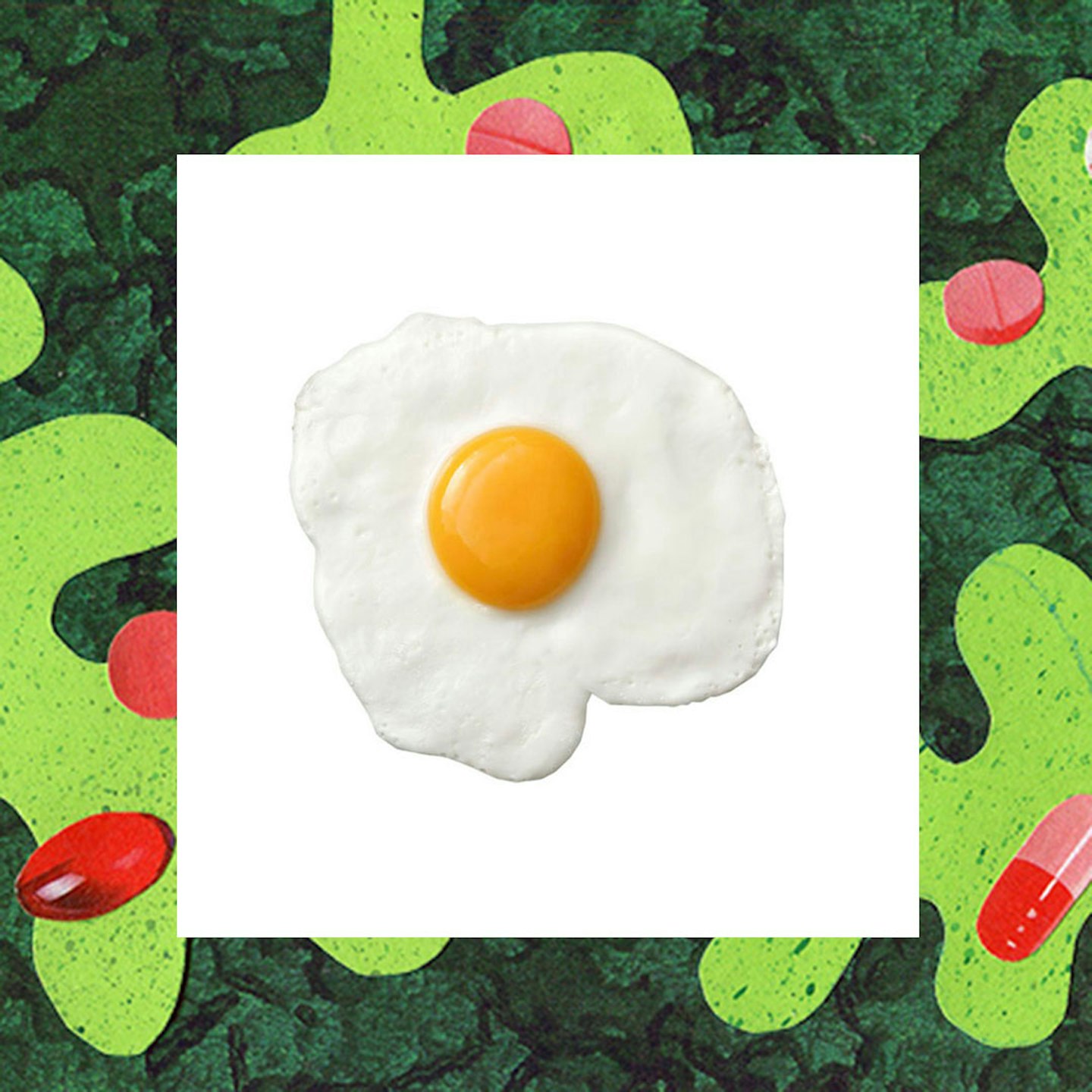 6 of 11
6 of 11Iron
A lot of adults, especially women, suffer from iron deficiency, and guess what? Iron deficiency symptoms are pretty similar to depression symptoms, i.e. fatigue, irritability, and foggy brain. The recommended daily iron allowance in adults is roughly 8 to 18 mg daily (check with your doctor though because everyone's number is different).
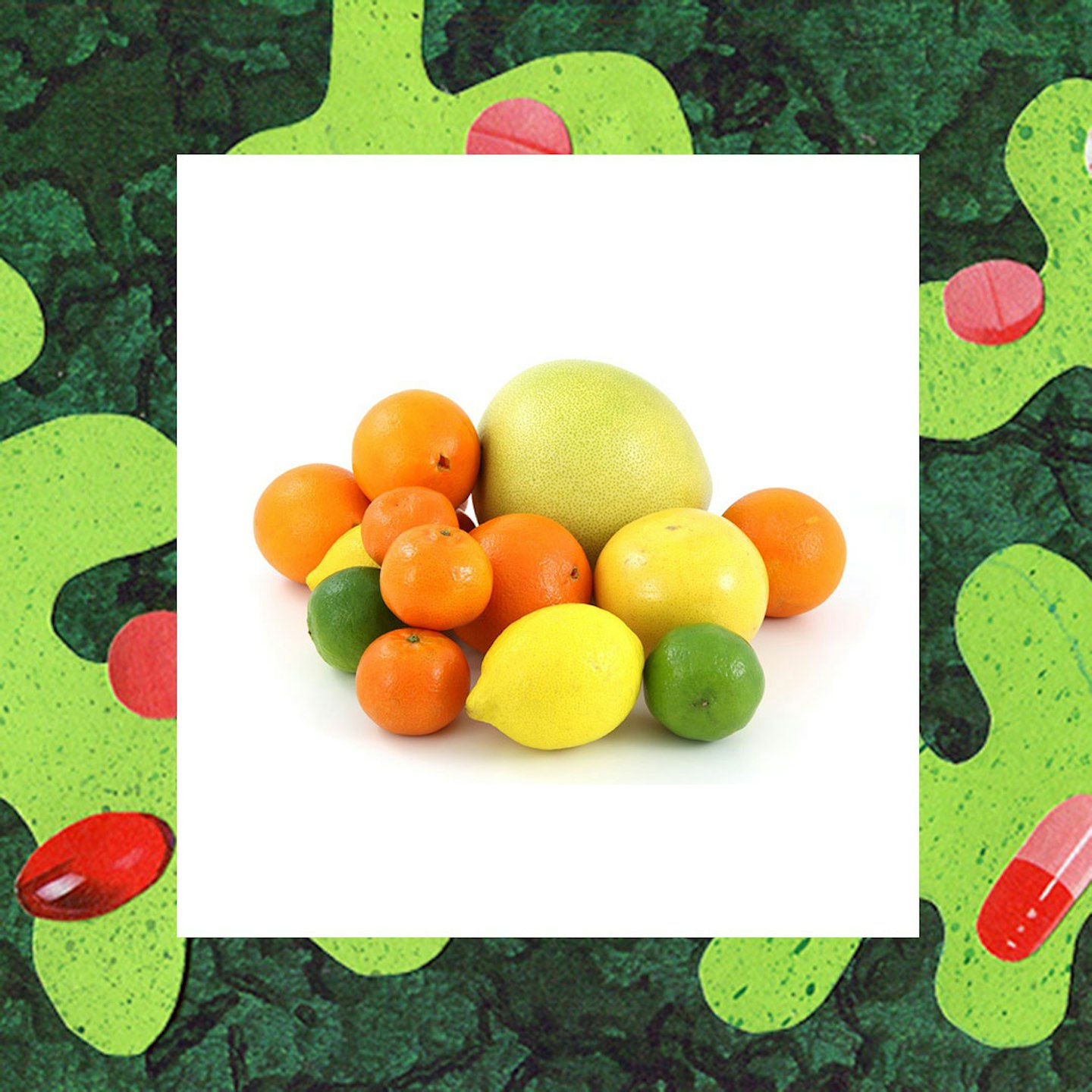 7 of 11
7 of 11Folate
If you don't have enough folate, antidepressants may not work. Some docs prescribe folate along with antidepressants to treat depression and improve the effectiveness the medication. Most adults need at least 0.4mg daily, which you can though food including dark leafy greens, beans and citrus fruit, or as a supplement.
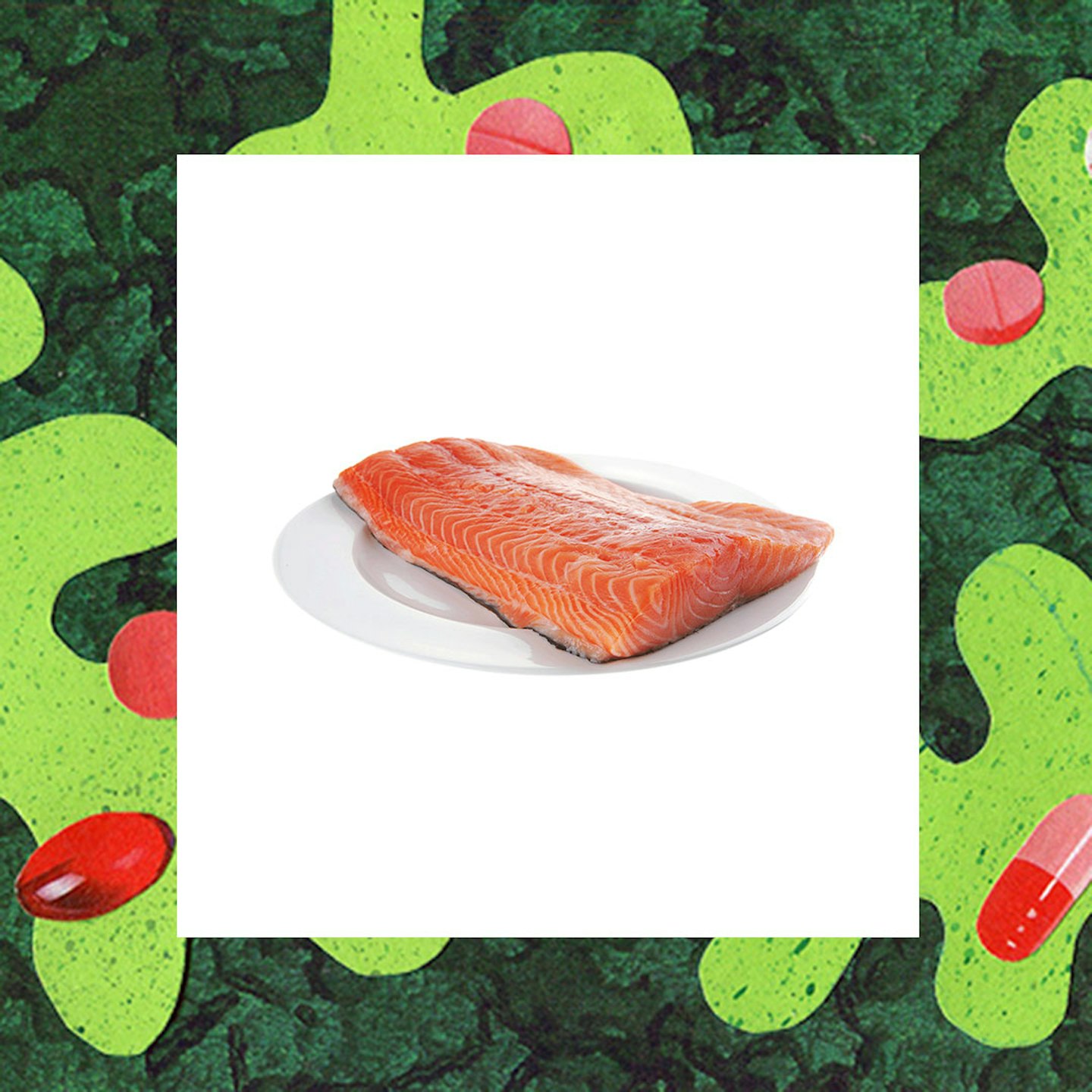 8 of 11
8 of 11B12
Vitamin B-12 and other B vitamins can play a role in producing mood-affecting brain chemicals and low levels of these may be linked to depression. If you have a poor diet and the body can not absorb enough B vits, your mood can be severely affected. Getting a blood test will determine how much of the B goodness you have in your system, and whether you need to stock up. B vitamins are found in animal products like milk, fish, meat and eggs, so if you are a vegan, you should definitely be getting your B's from dietary supplements and vitamins.
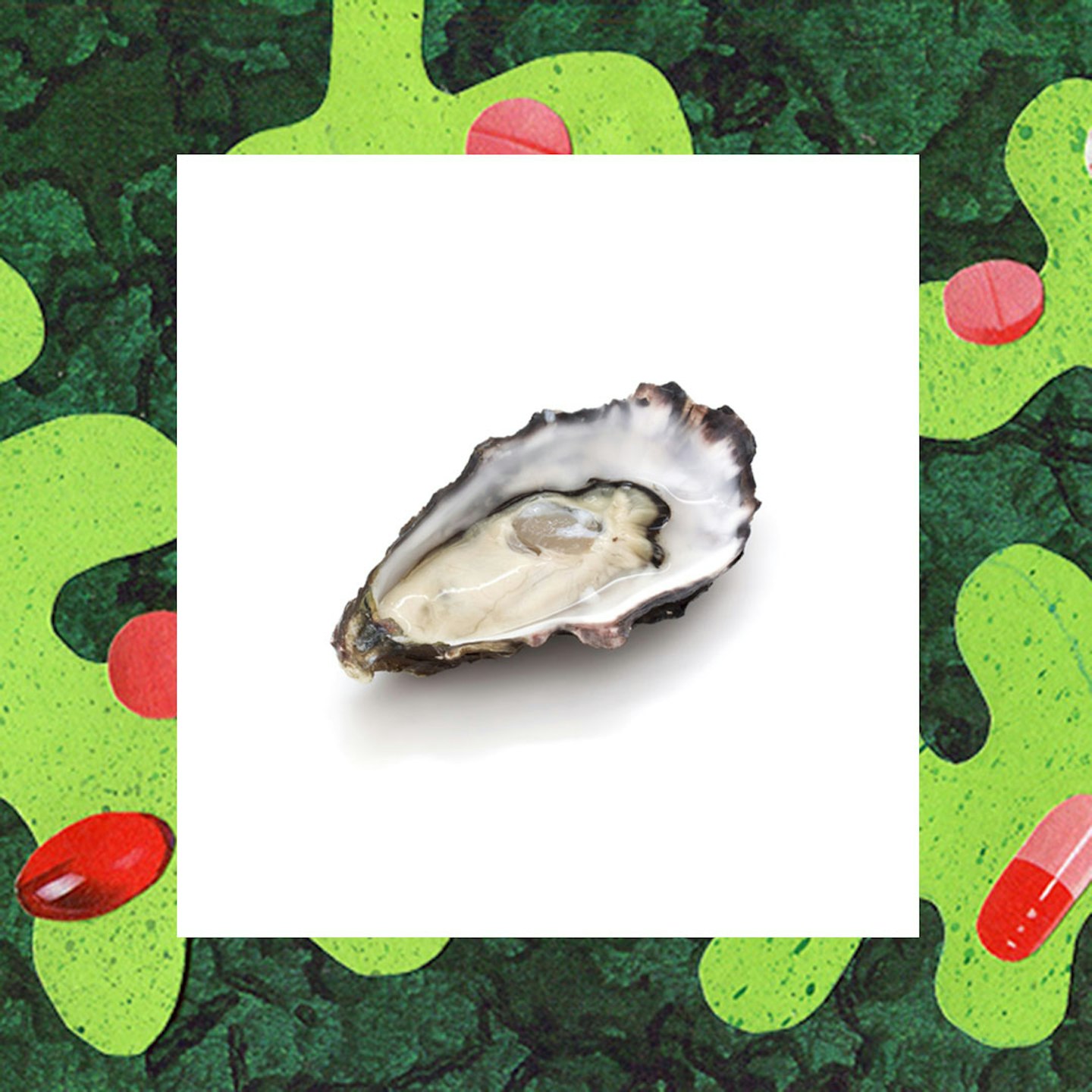 9 of 11
9 of 11Zinc
Zinc is crucial to our system as it activates our digestive enzymes breaking down food, and helps prevent food allergies, which can avert depression. It also helps our DNA to produce and repair proteins, control inflammation and boost our immune system.
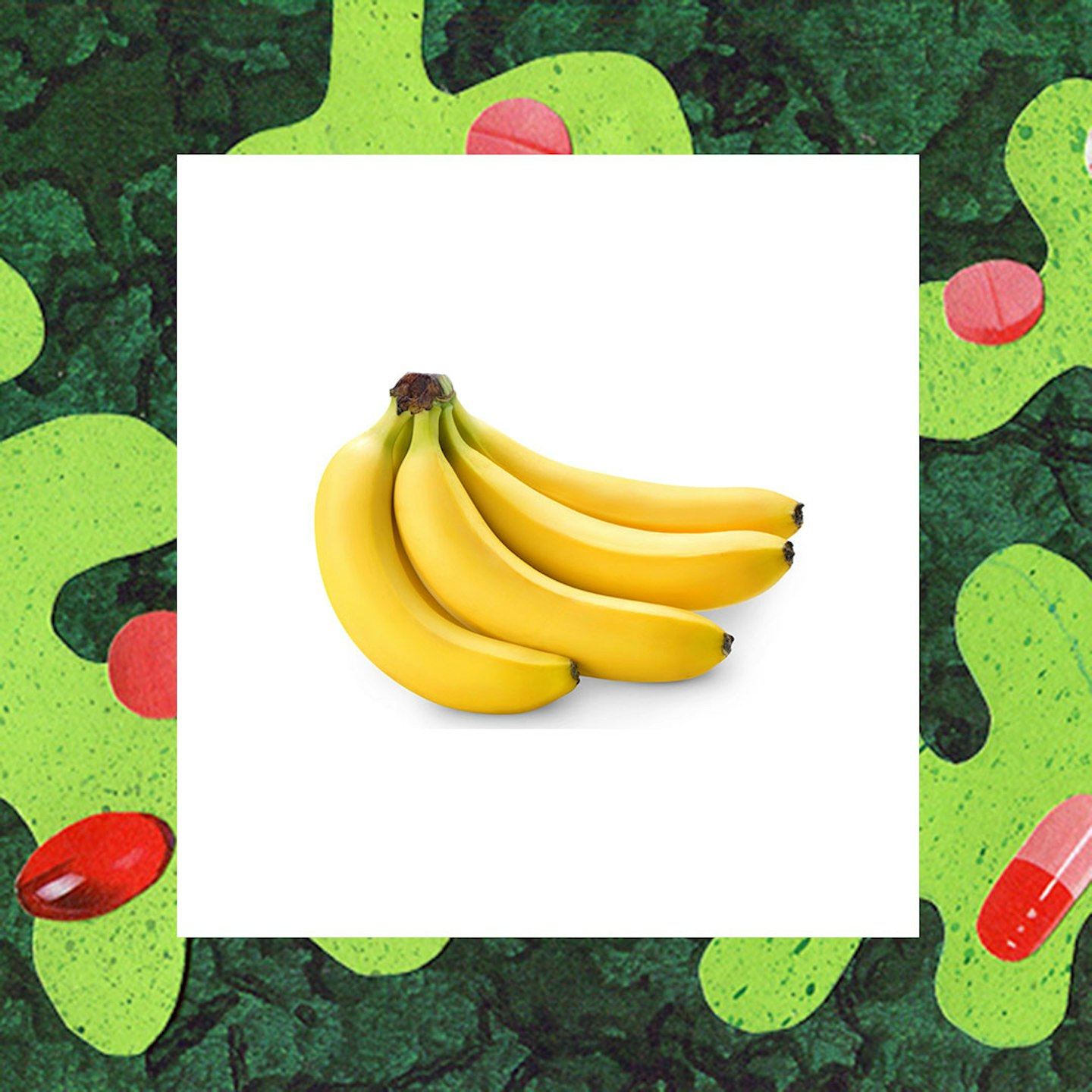 10 of 11
10 of 11Tryptophan
Tryptophan is an essential amino acid which you get through food such as bananas, tamarind, oats, sesame seeds, kiwi and watermelon. Once in the body, it converts to niacin, serotonin and melatonin. Most antidepressants work by increasing the amount of serotonin in the brain and Tryptophan helps to increase serotonin levelswithout the extreme side effects of meds.
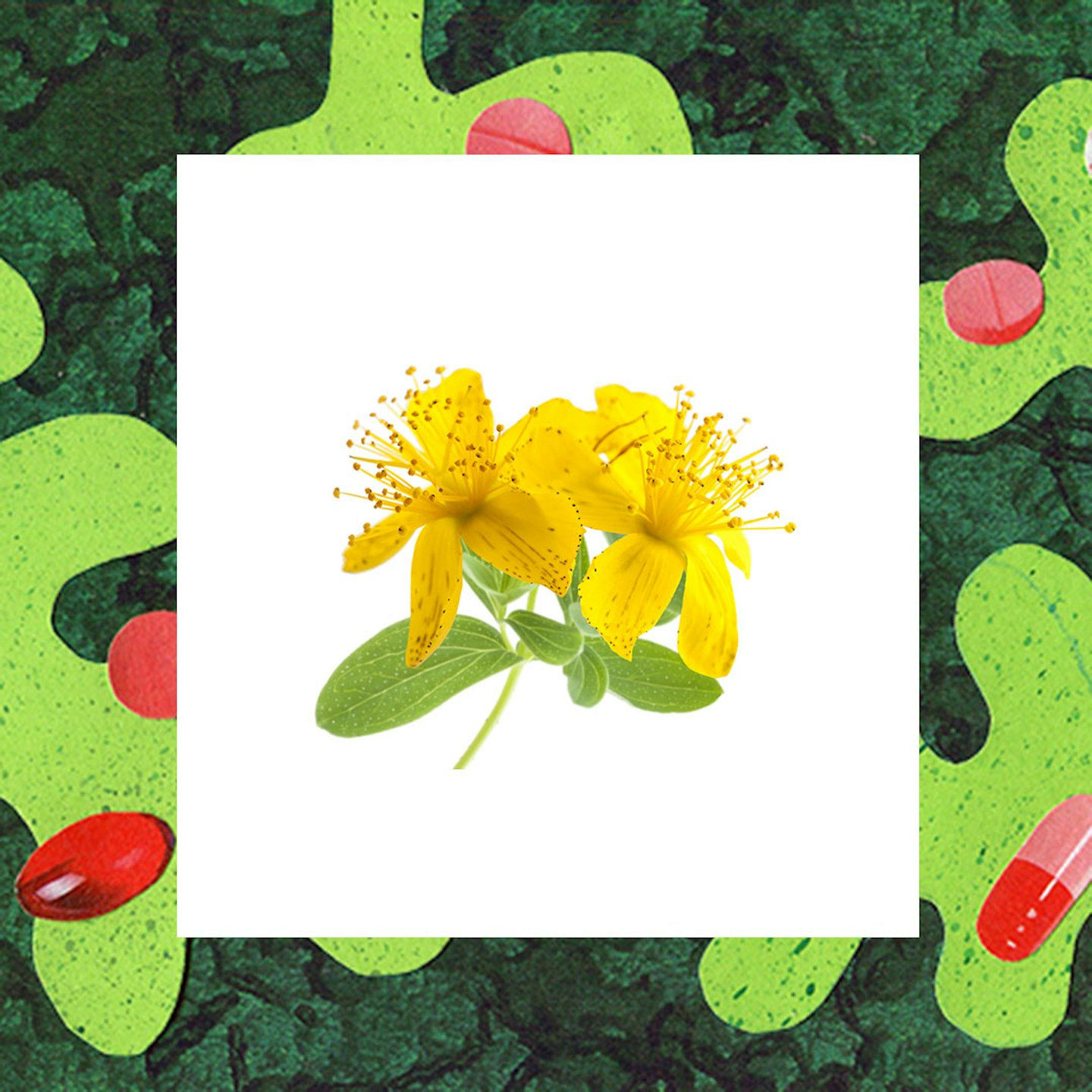 11 of 11
11 of 11St John Wort
St John's Wort has been around for yonks and is one of the most popular natural methods used for dealing with stress, anxiety and depression. It's a plant with yellow flowers. There has been some scientific evidence that St. John's wort may be helpful in treating mild depression. It's been claimed that it works just like regular antidepressants in that it inhibits the reuptake of the neurotransmitters serotonin, norepinephrine, and dopamine.
**Follow Jazmin on Instagram **@JazKopotsha
This article originally appeared on The Debrief.
